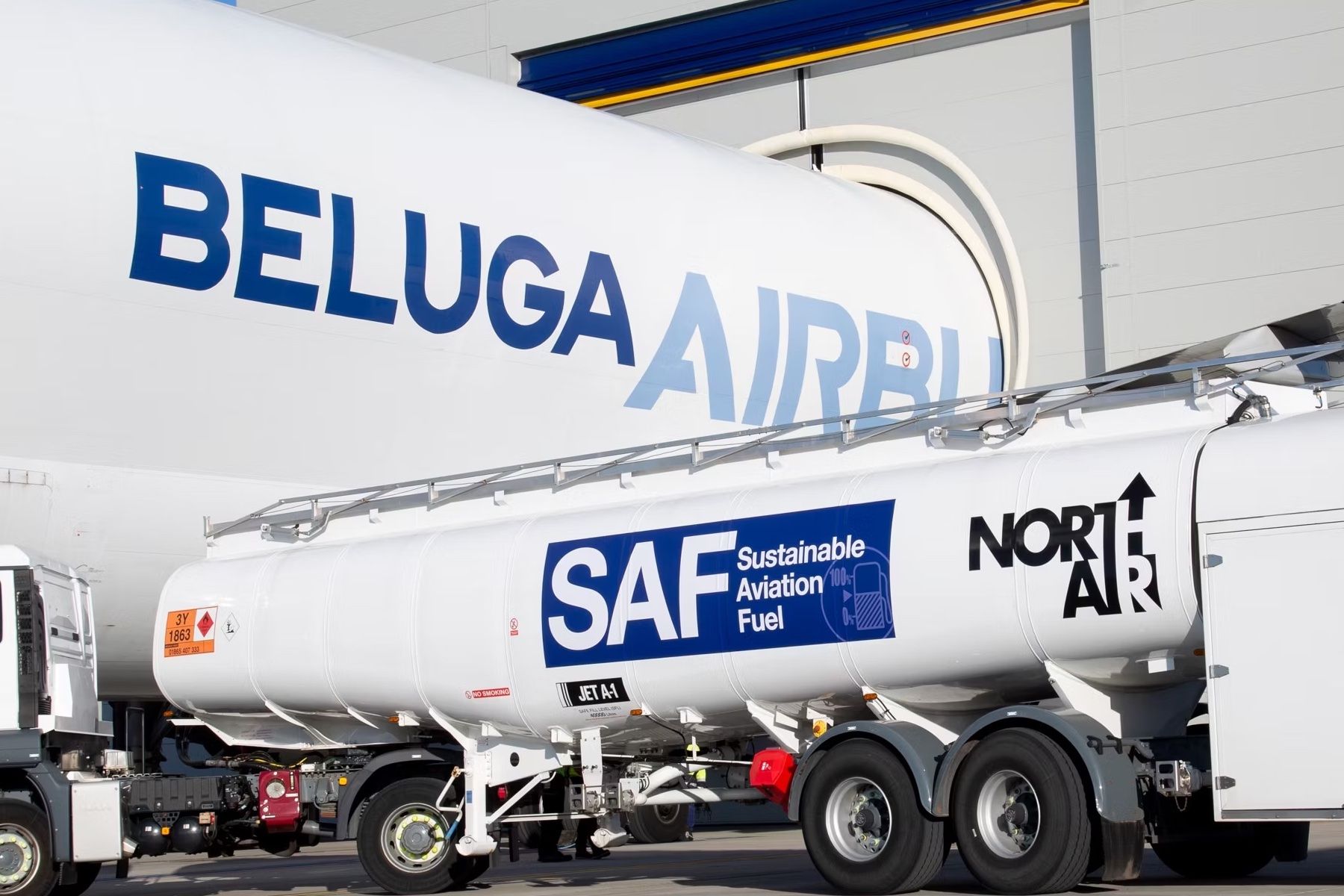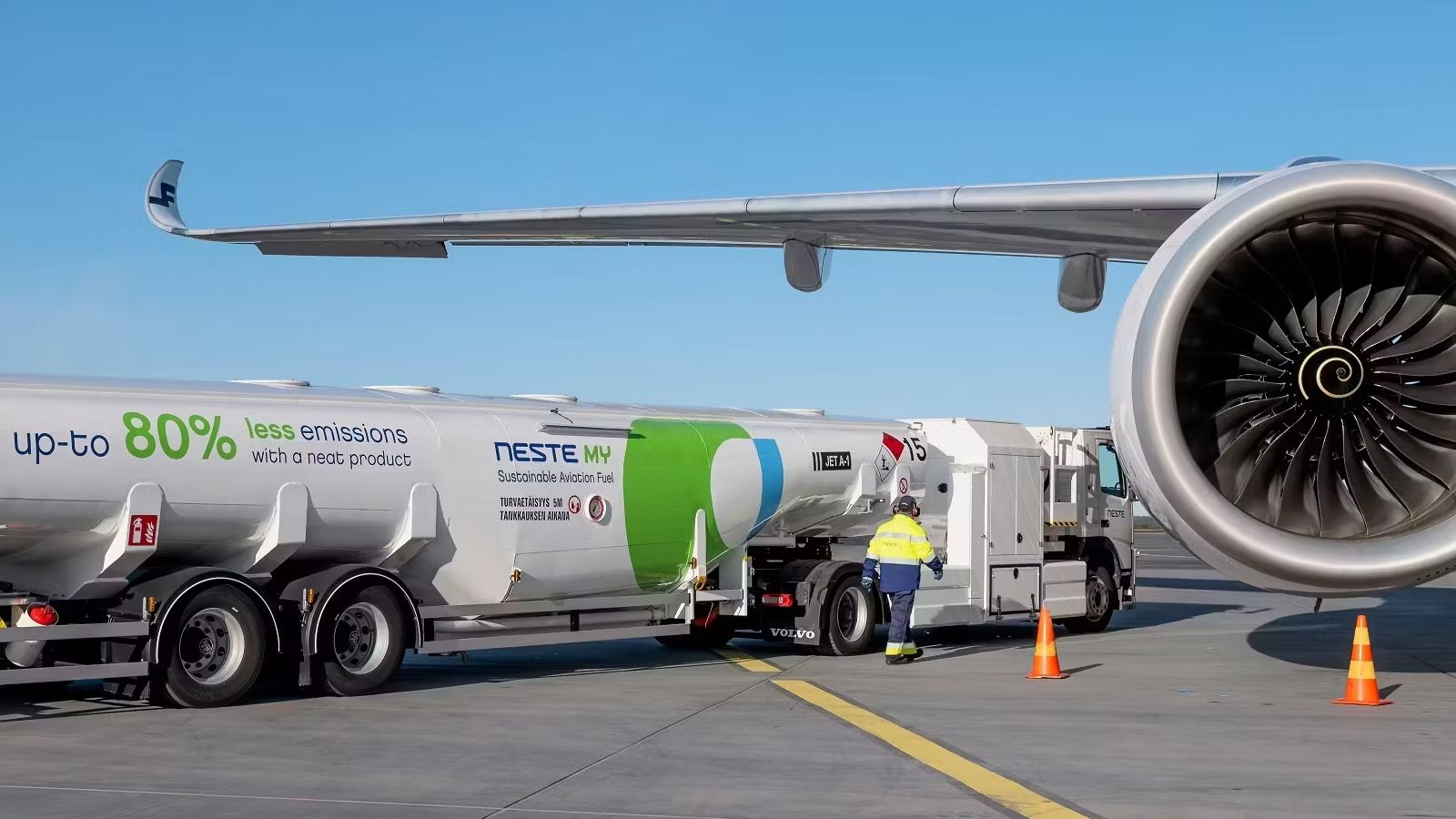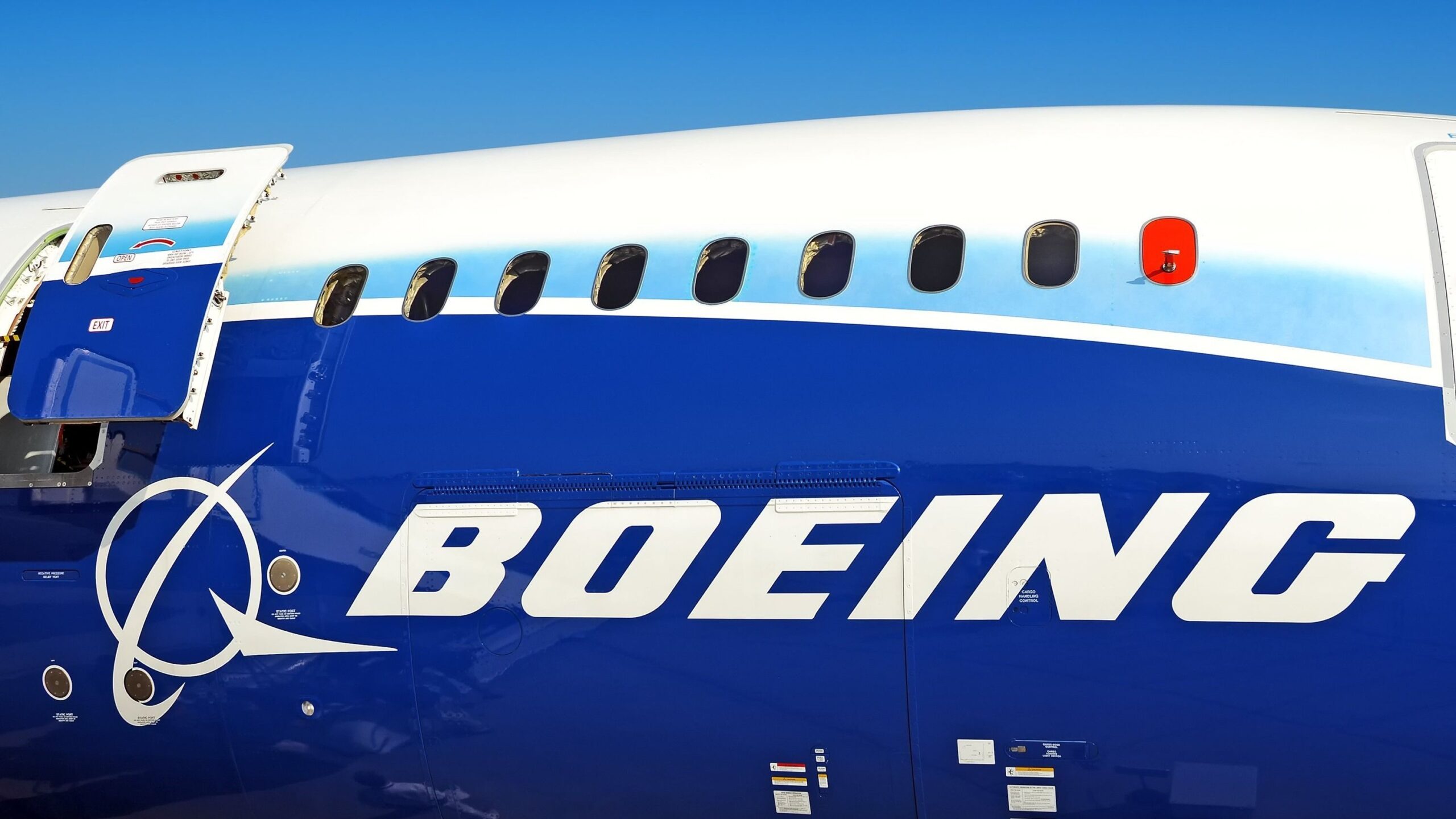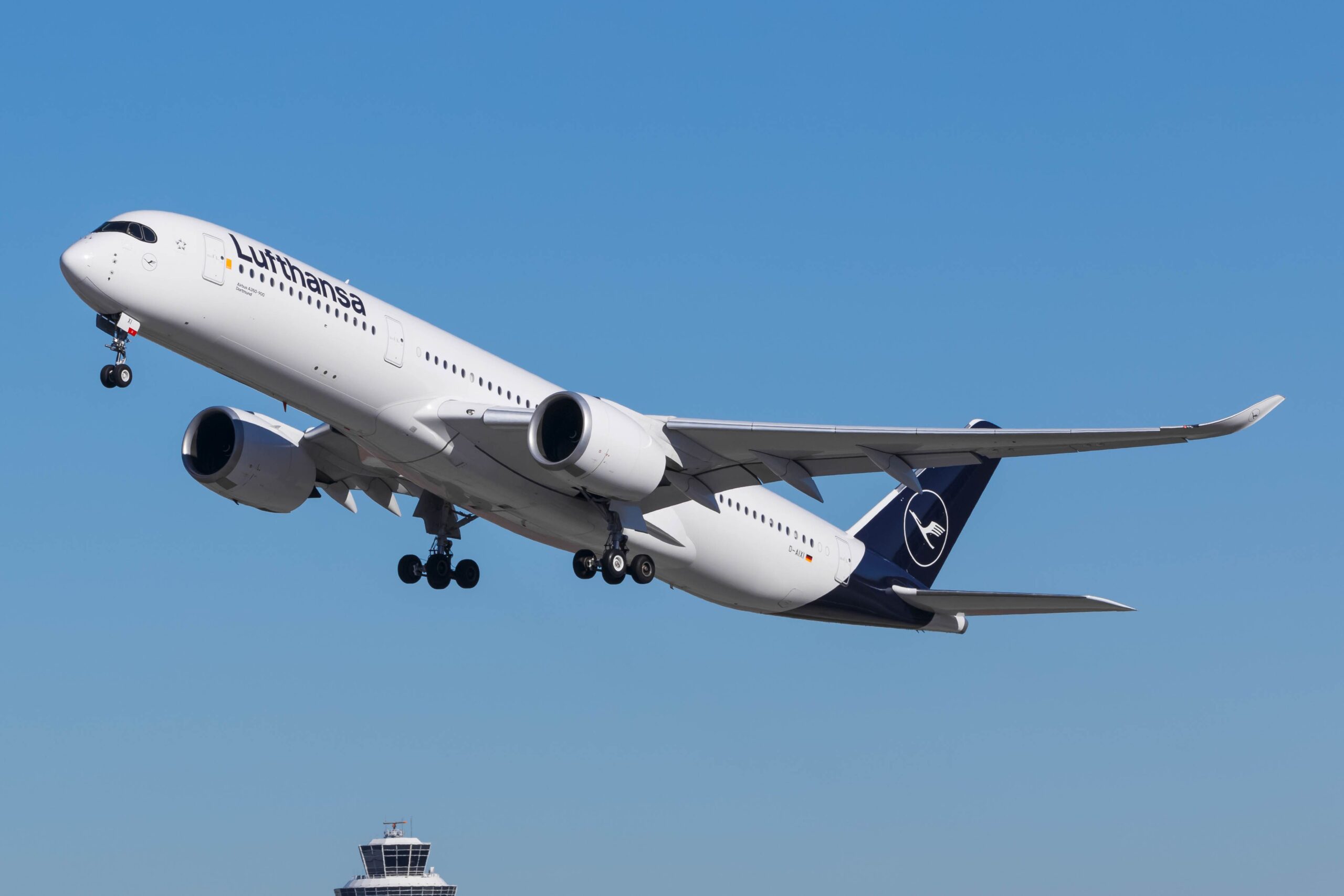Summary
- Qantas joins the SAFFA alliance for sustainable aviation fuel by investing $50M from its Climate Fund.
- The SAFFA fund aims to accelerate SAF availability, focusing on technologically mature projects.
- There are seven partners in the alliance including anchor-investor Airbus, Qantas and Air France-KLM.
On Wednesday, Australia’s flag carrier Qantas announced it has joined an alliance focused on speeding up the global development and availability of sustainable aviation fuels. The Sustainable Aviation Fuel Financing Alliance (SAFFA) contains seven partners, including anchor investor Airbus, airlines, and energy and financing companies.
A SAF financing fund
The alliance includes Airbus, the Air France-KLM Group, Associated Energy Group, BNP Paribas, Burnham Sterling Asset Management, Mitsubishi HC Capital Inc. and Qantas. The partners worked with Burnham Sterling Asset Management to establish the SAFFA investment fund, with the seven partners committing around $200 million.
Photo: Airbus
The aim is to use the fund to accelerate the availability of sustainable aviation fuel (SAF), with each partner bringing experience and financial expertise to the venture. SAFFA will invest mainly in technologically mature SAF-producing projects with an initial focus on opportunities that repurpose existing infrastructure.
Its first investment, made in April 2024, was in Crysalis Biosciences, a US-based tech company dedicated to renewing chemical manufacturing infrastructure with innovative fuel and chemical production technologies. The investments will initially focus on the US, but over time, they will be diversified across various SAF production pathways and regions.
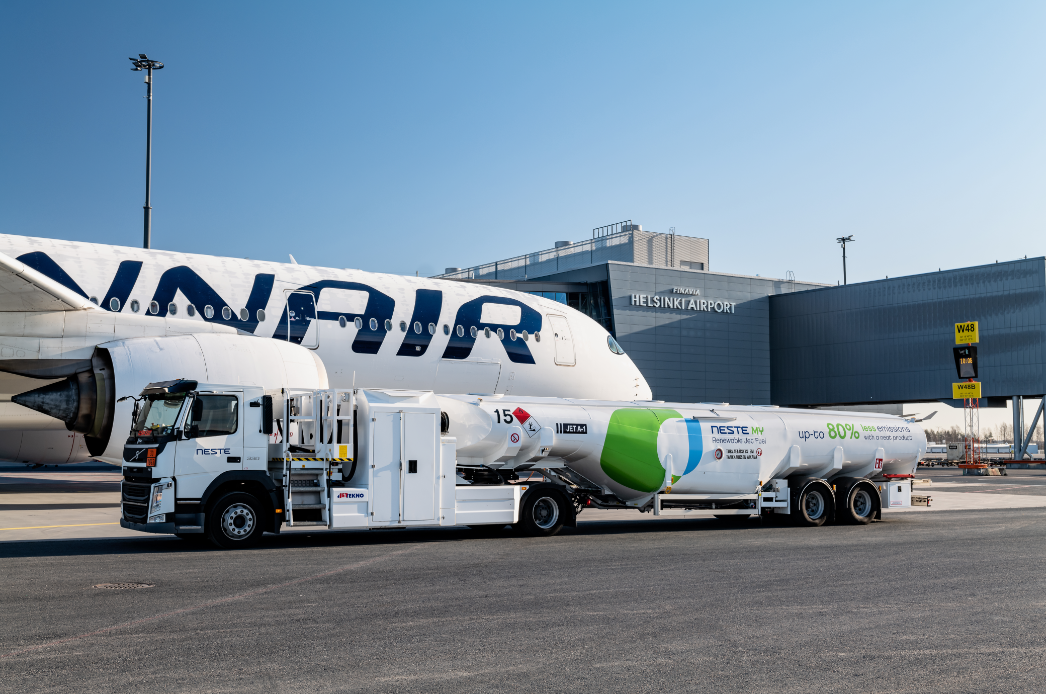
Related
IATA Says SAF Production Will Reach 0.53% of Aviation 2024 Fuel Usage
IATA believes that with some incentives and the right policy settings, enough SAF will be available for airlines to meet their 2030 targets.
That started with acquiring and renovating a shuttered ethanol plant in the US that closed in 2019. The plant upgrades have been completed, and it has received environmental authorizations to resume operations to produce low-carbon-intensity SAF and biochemicals.
A pipeline of SAF
In addition to investing in the future of aviation, Qantas and the SAFFA partners will have opportunities to be priority customers for the supply of SAF from the supported projects. Qantas Group CEO Vanessa Hudson said SAFFA will focus on commercial viability to help improve access to and drive down the cost of low-carbon fuels.
“Aviation is one of the hardest sectors to decarbonise, and it’s going to take partnerships across industries like this to help close the gap between supply and demand. The current imbalance is one of the reasons SAF comes at such a significant premium compared to jet kerosine, so it’s critical for the industry to invest now in scaling production.”
Photo: Airbus
Qantas is not only investing in future SAF production but also contracting to fill its long-haul aircraft, like the Airbus A380 and Boeing 787 Dreamliner, with SAF where it is available. Since 2022, Qantas has purchased around 10 million liters of SAF out of London annually and signed contracts for 20 million liters out of California.
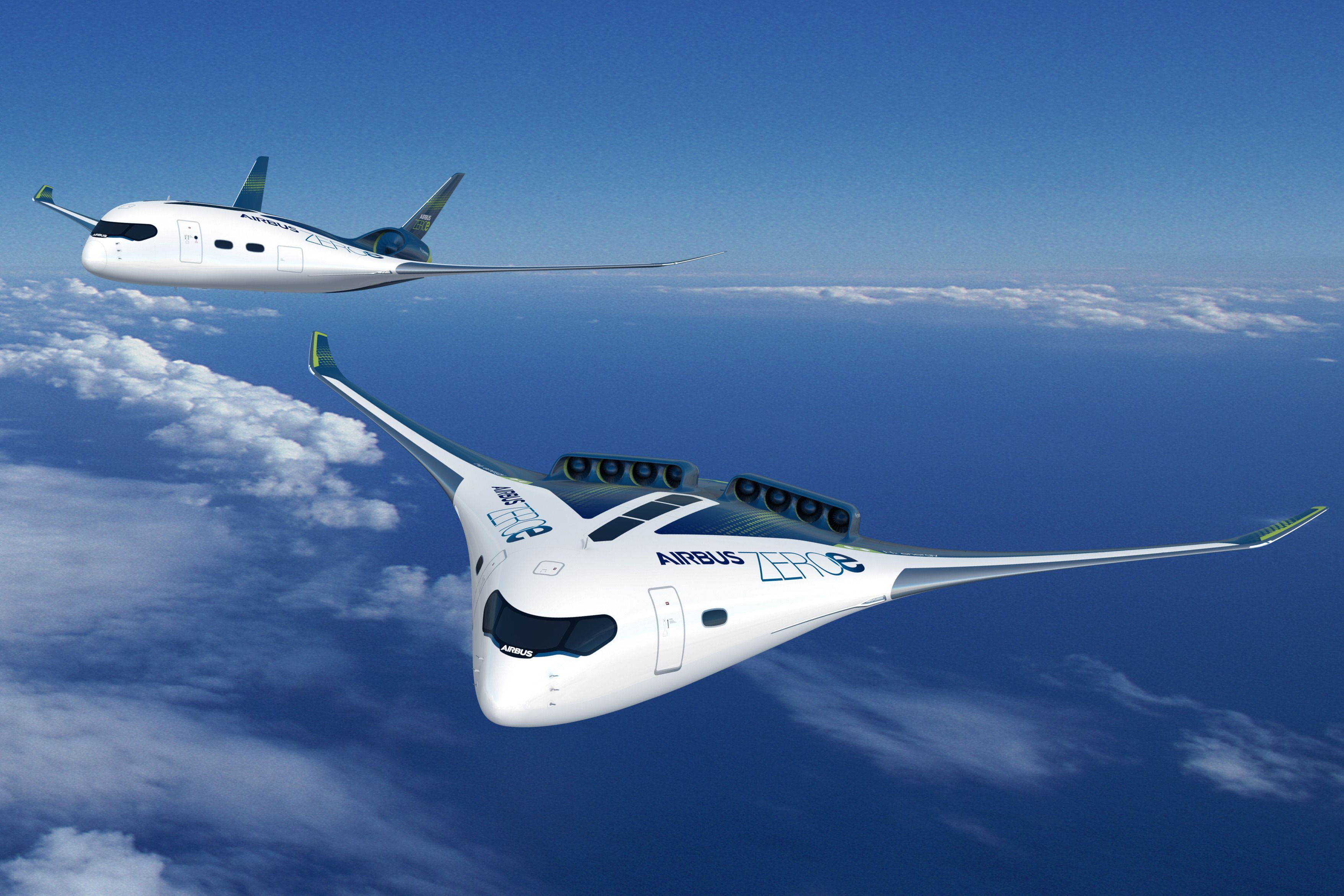
Related
IATA Updates Net Zero Carbon Emissions 2050 Progress
IATA’s update on the path to net zero emissions presents some encouraging progress, particularly in developing the SAF supply chain.
Qantas invested $50 million in SAFFA from its Climate Fund, which was established in 2023 and includes the Sustainable Aviation Fuel partnership with Airbus. The airline will continue to support the establishment of an Australian SAF production industry, but Hudson commented that most of those opportunities have “long development lead times.”
While the SAFFA fund will give Qantas priority access to SAF sooner in key overseas markets, the airline is also evaluating numerous additional domestic opportunities for its Climate Fund to invest in, which it expects to finalize in the coming months. Qantas has committed to 10% use of SAF in the Group’s fuel mix by 2030 and approximately 60% by 2050.


